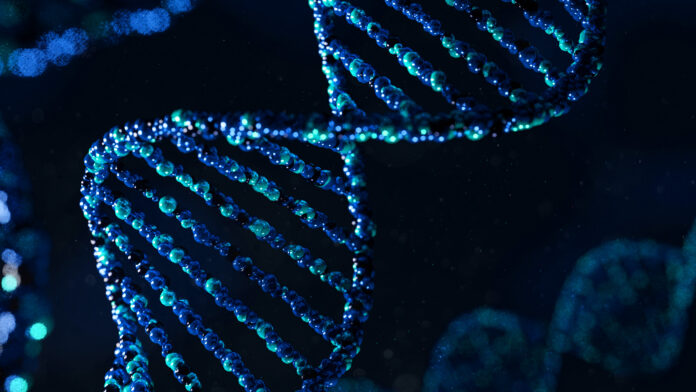Researchers at the Garvan Institute of Medical Research have leveraged artificial intelligence to uncover potential cancer drivers in non-coding regions of DNA, traditionally dismissed as ‘junk’. This groundbreaking study, published in Nucleic Acids Research, suggests that mutations in these overlooked genome areas could significantly influence the development of at least 12 cancers, including prostate, breast, and colorectal cancers.
Non-coding DNA, comprising 98% of our genome and not involved in protein production, may hold crucial insights for cancer diagnosis and treatment. The study highlights mutations in CTCF binding sites, essential for folding DNA into specific shapes to control gene expression. Previous research revealed that these sites act as genome anchors, bringing distant DNA parts together to form 3D structures that regulate gene activity.
Dr. Khoury, one of the researchers, noted that persistent CTCF binding sites act as consistent anchors across various cell types. The hypothesis was that faulty anchors could disrupt the 3D genome organization, contributing to cancer.
To investigate this, the team developed CTCF-INSITE, an AI tool that predicts persistent CTCF sites across 12 cancer types. They analyzed over 3000 tumor samples from the International Genome Consortium database, discovering that these persistent anchors are mutation-rich.
Dr. Wenhan Chen, the study’s first author, explained that every cancer sample examined had at least one mutation in a persistent CTCF binding site. These sites were identified as “mutational hotspots,” suggesting that such mutations give cancer cells a survival advantage, promoting proliferation and spread.
Professor Susan Clark, Head of the Cancer Epigenetics Lab at Garvan and lead author of the study, emphasized the broad implications of these findings. Targeting these persistent CTCF anchors could lead to treatments effective across multiple cancer types, unlike current therapies focused on specific mutations.
The researchers plan to conduct large-scale CRISPR gene editing experiments to understand how these mutations disrupt the 3D genome and promote cancer growth. By editing out these anchor mutations, they aim to observe downstream effects and identify key genes or pathways affected, potentially serving as early cancer detection markers or treatment targets.
As reported by News Medical Life Sciences, Professor Clark highlighted the significance of AI in this discovery, describing it as a new frontier in cancer research. The study’s findings could revolutionize understanding and treatment of cancer, opening up new diagnostic and therapeutic avenues.
























